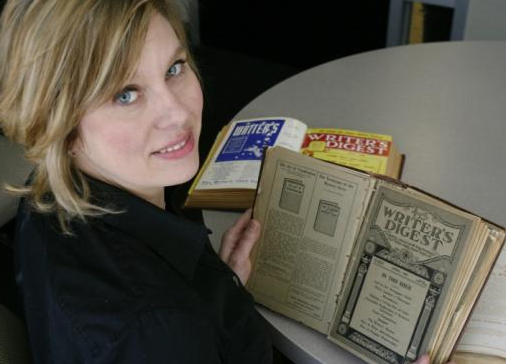Starbucks, I Done You Wrong! #smwin

One of the great things about “social media” is the ability to engage in conversations with a variety of people, anywhere in the world, on pretty much any topic of interest, no matter how obscure or inane. Thanks to forums, blogs and Facebook, I’ve connected with poets, writers, comic book fans and creators, and re-connected with friends and family, past and present, most of whom I don’t get to see nearly as often as I used to. My.BarackObama.com pulled me deeper into a political campaign than I’d ever been.
On Twitter, the shiny objet du jour, I’ve connected with insightful marketing and publishing professionals with whom I’ve had many interesting conversations and from whom I’ve learned a lot.
From a marketing perspective, new social media tools offer an incredible opportunity for companies to engage with customers (and potential customers) on a level that old-school interruption advertising and media relations simply can’t come close to. While some choose to avoid them completely or approach them tactically for preemptive damage control, I prefer to see them enabling proactive engagement, joining the community and participating in the conversation, no matter which direction it goes… and sometimes it can go in unfortunate directions, as Amazon found out a few weeks ago.



